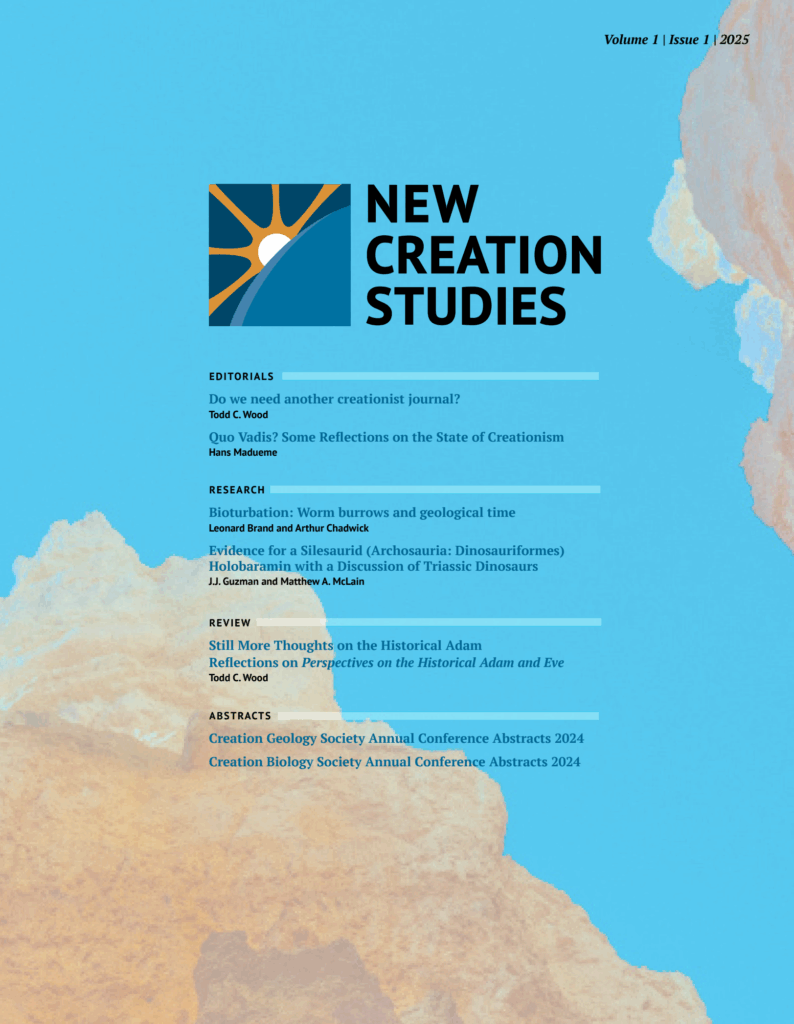I once submitted a research abstract that came back to me with two anonymous reviewers, which is the typical practice. As I am sure many people do when they first look at reviews of their work, I read through both reviewer’s notes and thought to myself, “Oh goodness, I’m never going to get this published.” Growing nervous, feeling like maybe my whole research idea was bunk, I decided to try and salvage what I could. I reread the criticisms and honestly considered them as constructive feedback. I found that much of the critiques were, in fact, helpful. It took no less than five submissions, each one with dramatically rewritten sections, but eventually my paper was accepted. Looking back, my accepted abstract was far superior in scholarship and clarity than my original submission.
Here’s the thing. While many of the criticisms were constructive and helpful, I felt that some of them were misunderstandings of my argument. At times, it seemed to me the reviewers contradicted each other, making it difficult for me to know how to follow their suggestions. I found myself wanting to talk to my reviewers face-to-face, to explain what I meant by what I wrote and hear more precise corrections.

Now, did the peer-review process work? Yes, it did. My abstract was much improved. But could I have gotten the same or better results in a different way, while avoiding some misunderstandings, potential resentment, and the feeling of being impersonally criticized by anonymous experts? Maybe. Regardless, I believe it is worth a try, and that is why it is a pleasure to announce on behalf of all of us at New Creation, that we have a new creationist journal! This journal will utilize a unique form of peer review. No more anonymity; no more impersonal critiques.
What follows is a summary of Todd Wood’s article explaining why New Creation Studies will be a valuable, if experimental, addition to the creation journals that already exist.
Why a New Journal?
Much has been said about modern communication in recent times. Social media, for example, allows people to say whatever they want without fear of reprisal. More often than not, the person or people at the other end of each message feels attacked, hurt, or incensed because of how toneless and impersonal the message was. The same issue exists in scientific reviews, and it is compounded by the fact that scientific reviews are anonymous. While we have seen people held accountable for their controversial tweets, the scientist avoids even this consequence because the peer review process hides his name.
Of course, there are good reasons for peer-review. The whole point of a scientific journal is that each article undergoes a long process to make sure it is worth its salt; something social media, press releases, or blog articles lack. But the anonymity and impersonal nature of current peer-review methods lead to problems as well as solutions.
Peer-review has occurred a certain way for a reason. But in this present age of scientific writings, it may be time for a change. After some contemplation and reflection, biologist Dr. Todd Wood has established three values concerning peer-review and academic journals. These values are consistent with a new type of review: Community Review.
- The value of well-written, scholarly papers. Good scholarly papers make good arguments, which the reader can follow logically. There is value in being able to follow an author’s reasoning, and using your own rational faculties to identify where the author has wandered off track. Scholarly papers show you the evidence, and invite you to read more by citing other sources. In contrast, non-scholarly writings, while valuable, often make assertions that you must either accept, reject, or validate on your own elsewhere.
- The value of the journal itself. Journals earn their reputation, either as a high-quality, professional outlet, a sloppy institution not worth its salt, or something in between. While no one should trust or distrust publications based on name only, it is valuable to have certain journals whose academic prowess ensures its own scientific content will be rigorous and lacking sloppy mistakes.
- The value of improving scholarly work. This one is obvious. A scientist can publish an article on a website with little or no pushback. But if she submits a paper to a journal, the peer-review process will work to improve her paper and make it the best academic work that it can be. Christians especially should be motivated by this, as they seek to learn about God and honor Christ through their work.
Why Community Review?
Community review refers to a new peer-review process in which review scientists will talk to authors face-to-face and discuss ways to improve a submitted paper. Wood establishes three “distinctives” outlining the strengths of this method.
- No more anonymity. Reviewers must take responsibility for their criticisms and hold themselves accountable for what they say. No one can hide behind anonymous letters.
- In-person reviews. Telecommunication and in-person meetings will replace emails. This will treat authors as members of a Christian community. It will avoid hurt feelings caused by coldly worded assessments delivered via impersonal emails.
- Abandoning the editorial hierarchy. The editorial board for New Creation Studies believes that improving research papers and caring for members of our community are not mutually exclusive. There is no tyrannical or pharisaical top-down power dynamics in scientific review. Rather, reviewers will seek to improve scientific papers no matter who the author is.
There are plenty of creation journals. New Creation Studies was not born from a need for more outlets. Instead, it was created as a test run, to produce scholarly research papers while also maintaining a healthy Christ-centered community. This first edition features two research papers, two essays, and the abstracts from Origins 2024.
We at New Creation and the editorial board would like to welcome you to our new journal, New Creation Studies!












Really interesting project! It’s good to see more research connecting creation science with real-world applications. I was recently reading about how everyday topics like energy or utility bills can even reflect stewardship and responsibility — fascinating overlap between faith and daily life.